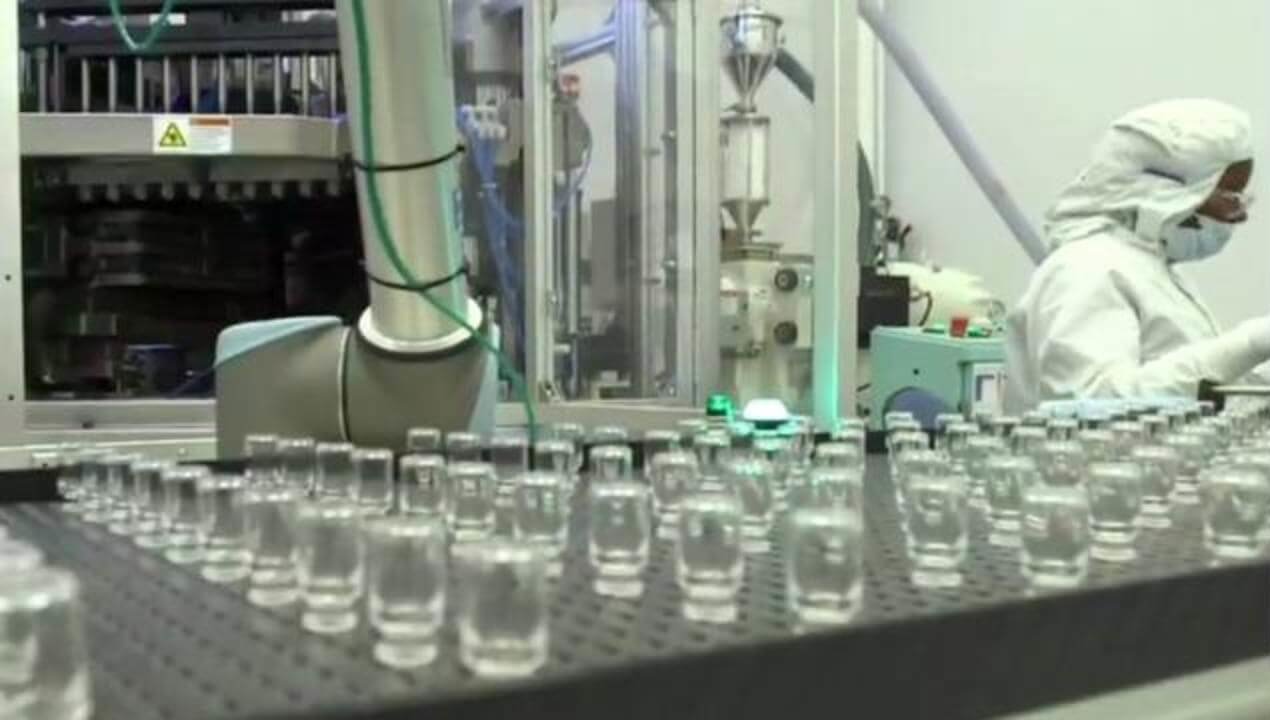And there was stunning news on that front on November 9th from partners Pfizer and BioNTech that their candidate COVID-19 vaccine is greater than 90 percent effective in a clinical trial involving more than 43,000 subjects. They hope to request Emergency Use Authorization by the end of this month. That success notwithstanding, the White House’s “control” has often been misdirected, taking the form of undue pressure on regulators to cut corners. FDA Commissioner Dr. Stephen Hahn resisted intense, pre-election pressure on the FDA from a White House desperate for a premature “October Surprise” vaccine approval. FDA previously had set the minimal level of protection in its June 30th “Development and Licensure of Vaccines to Prevent COVID-19: Guidance for Industry,” published on June 30th, which specified in great detail the stringent criteria for FDA approval of coronavirus vaccines.
The overarching principle is simple: “the goal of development programs should be to pursue traditional approval via direct evidence of vaccine efficacy” in protecting humans from COVID-19—through clinical trials—and a vaccine must be at least 50% more effective than a placebo in preventing the disease. The clinical trials would also need to demonstrate that the vaccine is safe, of course. In an August 7 article in JAMA, Dr. Hahn and two senior colleagues, promised “unequivocally” that “candidate COVID-19 vaccines will be reviewed according to the established legal and regulatory standards for medical products.”
Dr. Peter Marks, the senior civil servant who heads the FDA unit that evaluates vaccines, has also made his feelings on the subject known. In August, he told Reuters that the FDA’s evaluations would be guided by science alone and that if he were subjected to political pressure for a premature approval, “I could not stand by and see something that was unsafe or ineffective that was being put through.” He added, “You have to decide where your red line is, and that’s my red line. I would feel obligated [to resign] because in doing so, I would indicate to the American public that there’s something wrong.”

In sum, the message from Drs. Hahn and Marks to several audiences — their bosses at the Department of Health and Human Services and the White House, the public, and the vaccine industry — seemed to be clear: Although regulators will streamline regulation and facilitate the development of COVID-19 vaccines, they won’t be stampeded into exposing Americans to inadequately tested, potentially dangerous products.
One might expect that that would put the matter to rest, and that the American public need not worry about undue political influence on what are essentially scientific and medical decisions. However, other actions by the FDA have raised widespread concerns. One example was the FDA’s issuance of an Emergency Use Authorization (EUA) for convalescent plasma, an antibody-rich blood product obtained from patients who have recovered from COVID-19. In theory, infusing a sick patient with the antibodies would neutralize the virus that’s present and spur recovery, but many in the medical community – including senior NIH and FDA scientists — felt the EUA was predicated on insufficient evidence (and which has made the completion of rigorous clinical trials difficult or impossible).
A second, more recent example is the FDA’s reported decision to waive inspections of manufacturing facilities for COVID-19 vaccines that are approved via Emergency Use Authorizations, in spite of the fact that control over the intricacies of manufacturing is especially important for vaccines that potentially will be administered to hundreds of millions of healthy people. The facilities that produce some of these vaccines at large-scale and via complex, high-tech, multi-step processes are brand new and may use innovative technologies. Some production will occur abroad.
Thus, the critical questions related to inspections include: Can batch after batch of the vaccine reproducibly meet standards of purity, potency, and sterility? Are appropriate records kept, documenting the process? Are there Standard Operating Procedures (SOPs) for personnel, and are they adhered to? Historically, there have been notorious examples of bad outcomes from safety problems – extremely rare, fortunately, in part because of government requirements for inspections that ensure safe manufacture and prevent the distribution of contaminated or otherwise substandard vaccines.

However, the June 30th guidance says only that the “FDA recommends that vaccine manufacturers engage in early communication with CBER’s Office of Compliance and Biologics Quality, Division of Manufacturing and Product Quality to discuss facility preparation and inspection timing” (emphasis added) for products marketed under FDA’s Emergency Use Authorizations (EUA), the lower standards applicable to products for a situation such as the COVID-19 pandemic. And Jerry Weir, director of the Division of Viral Products in FDA’s Center for Biologics Evaluation and Research, recently confirmed that FDA regulations do not require pre-approval inspections. Instead of recommends, we wonder whether FDA meant that they expect manufacturers to request inspection, which, in the real world of regulation, would have the force of a mandate.
During the course of the pandemic, some Emergency Use Authorizations have been problematic, including the examples of convalescent plasma, mentioned above, and the drug hydroxychloroquine, whose EUA was withdrawn when it was found to be ineffective but to have serious side effects. The nation’s experiences with flawed tests and neglect of Personal Protective Equipment (PPE) likewise have contributed to the erosion of public trust.
When it comes to the safety of products that could be administered to hundreds of millions of healthy Americans, urgency cannot preempt vigilance. Whether or not FDA regulations require pre-approval inspections of facilities producing vaccines distributed under an EUA, the FDA should stick to its June 30th guidance and require them in most cases. Only thereby will they retain the highest level of public trust – and safety – so that people will be confident in taking the shot.
John J. Cohrssen is an attorney who served in senior positions for White House agencies including the Office of Vice President Dan Quayle.
Henry I. Miller, a physician and molecular biologist, was a Research Associate at the NIH and the founding director of the FDA’s Office of Biotechnology. Find Henry on Twitter @henryimiller































